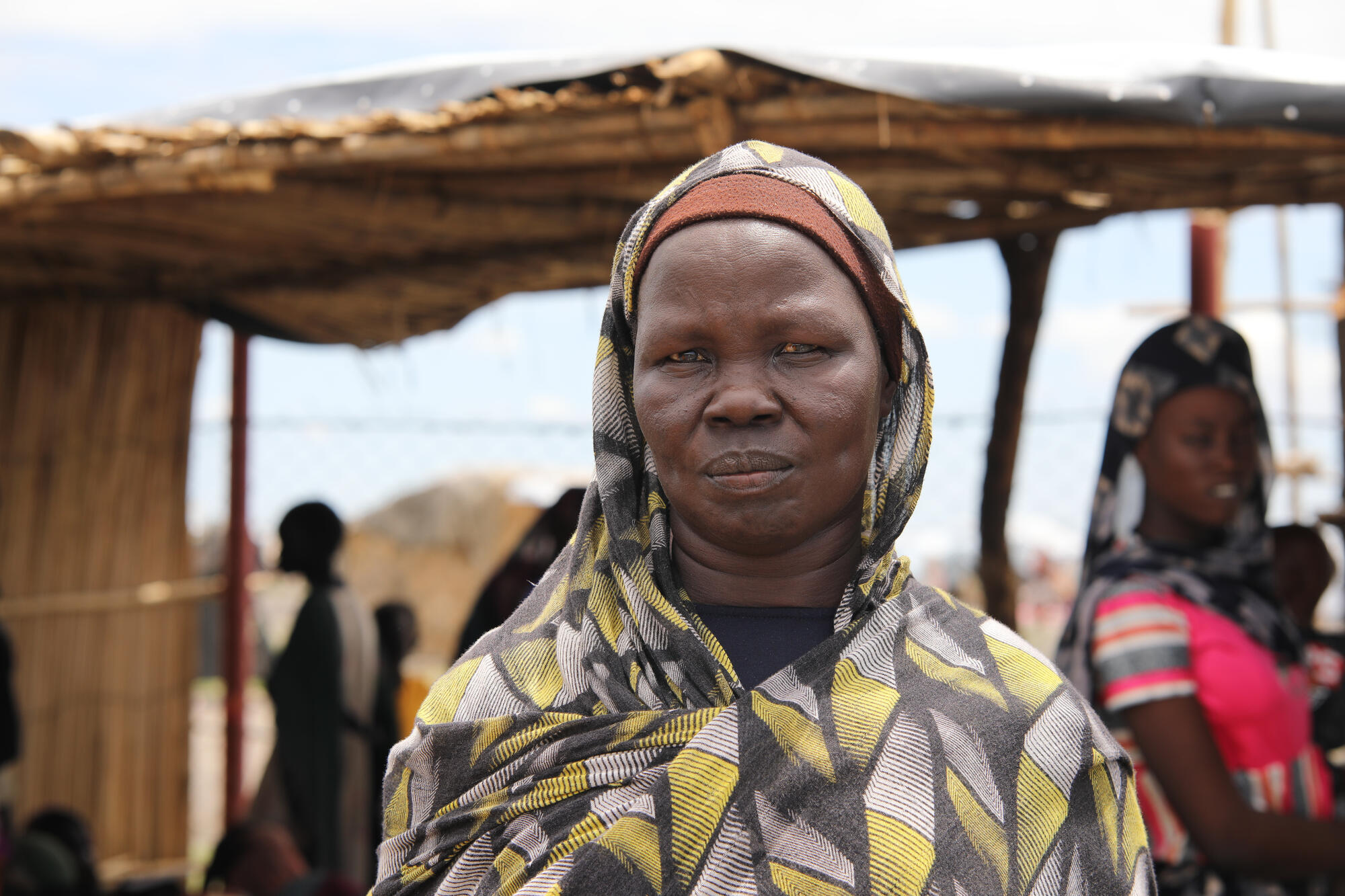
Doctors Without Borders: Preparing for Disease Outbreaks in Refugee Crossings and Returnees in South Sudan
moatinoon
Yesterday, the organization Doctors Without Borders announced that it is on high alert to respond to the outbreak of measles and waterborne diseases in the coming months among refugees and returnees who have arrived at the crossings of Renk and Paloc in the Upper Nile State in South Sudan due to the war in Sudan. This is due to overcrowding and the lack of essentials.
The organization stated that it has established isolation units for measles and cholera in Renk.
The organization explained, "Renk has two crossing sites, both seriously overcrowded, with nearly 30,000 people living in an area supposed to host no more than 12,000 people." Meanwhile, the crossing site in Paloc is smaller, constantly hosting about 5,000 people at any time since last July.
Mbumi Zokova, the Health Promotion Manager at Doctors Without Borders in Renk, said, "Many people live outside the crossing sites because there is not enough space inside. Some are in open fields, and the only thing they use as cover is the mosquito nets provided by Doctors Without Borders teams."
Zakaria Muatia, the Head of the Doctors Without Borders mission in South Sudan, said, "We are deeply concerned about the situation at the crossing sites at a time when more people are expected to arrive due to the intensified fighting in Sudan."
The organization warned that newcomers are vulnerable to hunger, malnutrition, and disease. The worsening conditions are exacerbated by insufficient shelter, a lack of clean water, and sanitation facilities. Each person receives only 11 liters of water per day instead of the recommended 20 liters to maintain their health. Many people resort to using river water for drinking and daily use, exposing themselves to the risk of waterborne diseases.
Muatia stated, "The current gaps in water, sanitation, and hygiene pose a serious threat to public health." He added, "Improved hygiene, better sanitation measures, vaccination campaigns – at the entry point into South Sudan, as well as at the crossing sites in Renk and Paloc – are essential to prevent the potential spread of disease. At the same time, rapid transportation of people is necessary to prevent long stays in crossing centers."
Doctors Without Borders manages two mobile clinics in Renk and one in Paloc to provide basic healthcare to returnees, refugees, and host communities. The mobile clinic in Paloc alone treats about 150 patients daily.
Since the outbreak of the war in Sudan last April, more than half a million people have fled to South Sudan, with about 80% of them being returning South Sudanese to their home country. Many of them lack a clear destination, spending weeks or even months in and around crossing centers, struggling to survive amid scarce humanitarian aid.

